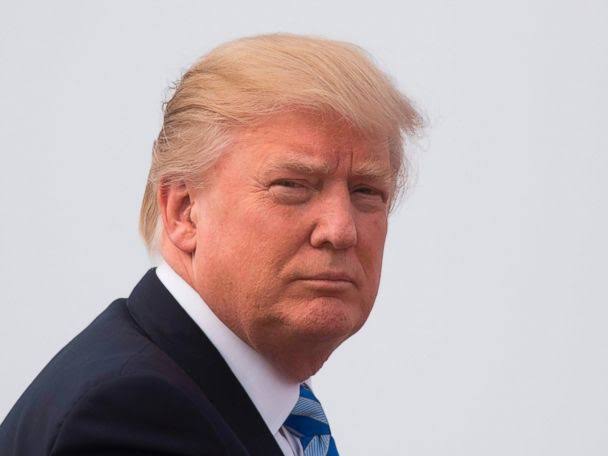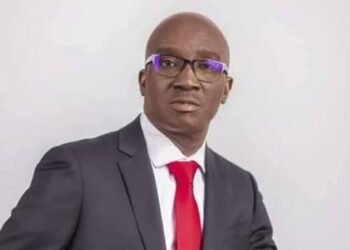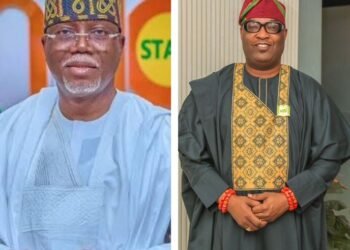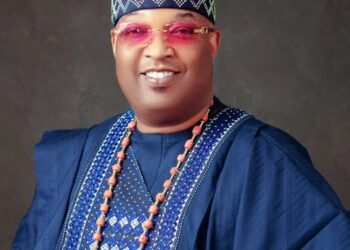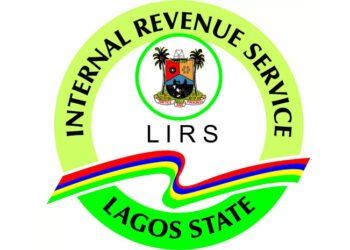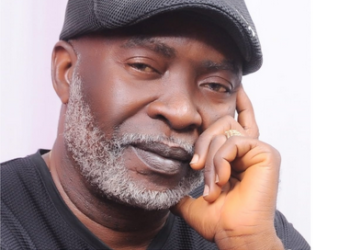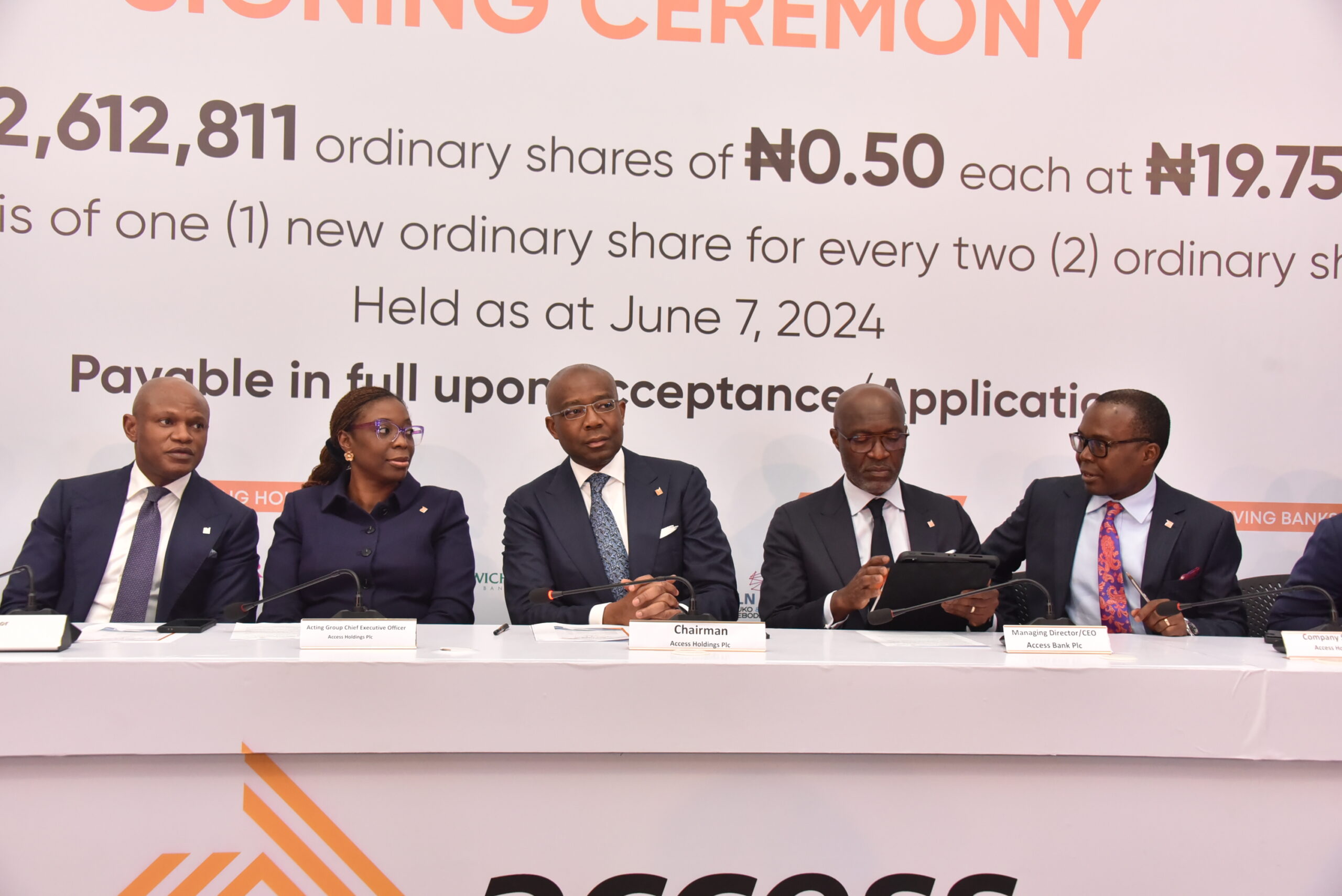Donald Trump will not be sentenced on his business fraud conviction until September, a New York judge ruled Tuesday in the wake of Monday’s Supreme Court decision on presidential immunity.
The delay in sentencing means that the former president is likely to escape any concrete punishment for his felony conviction during the summer, at the same time that Trump’s election bid has been boosted by President Joe Biden’s debate flop that has Democrats wondering whether to replace their nominee.
President Donald Trump talks with Supreme Court Chief Justice John Roberts as Associate Justice Elena Kagan looks on before the State of the Union address in the House chamber on February 4, 2020 in Washington, DC.
Trump was scheduled to be sentenced on July 11. Judge Juan Merchan said the former president will now be sentenced on September 18, “if such is still necessary.”
The announcement underscores the far-reaching implications of Monday’s Supreme Court ruling, in which the court’s conservative wing found that presidents have absolute immunity for “core” presidential duties.
The decision has thrown special counsel Jack Smith’s indictment of Trump on election subversion charges into doubt – and a trial before the November election is all but impossible now. The ruling could impact the indictments of Trump in the classified documents and Georgia election interference cases as well.
Trump became the first former US president to be convicted of a felony in May when a Manhattan jury found him guilty of all 34 counts of falsifying business records in his hush money criminal trial.
Trump’s legal team filed a letter Monday seeking to challenge the former president’s conviction after the Supreme Court ruled that presidents have an absolute immunity from prosecution for core official acts.
“Although we believe the defendant’s arguments to be without merit, we do not oppose his request for leave to file and his putative request to adjourn sentencing pending determination of his motion. We respectfully request a deadline of July 24, 2024—two weeks after the defendant’s requested deadline—to file and serve a response,” the DA said in a letter Tuesday.
The former president’s lawyers argued that the ruling confirmed their position that Manhattan District Attorney Alvin Bragg should not have been allowed to offer evidence at the trial regarding Trump’s “official acts” and, as a result, the jury’s guilty verdict should be set aside.
Will Scharf, an attorney who represents Trump in the immunity case, told CNN Monday night the high court’s ruling “absolutely” impacts the hush money case
“The Supreme Court was very clear that for acts that fall within the outer perimeter of the president’s official responsibilities, acts that are presumptively immune from prosecution, that evidence of those acts cannot be used to try essentially private acts,” he said on “The Source.”
In their letter Monday, Trump’s attorneys pointed to evidence elicited during the trial from Trump’s time in office, including testimony from former Hope Hicks, who served as communications director in the White House; tweets that Trump sent while in office; and phone records involving Trump while he was president.
“Under Trump, this official-acts evidence should never have been put before the jury. Consistent with arguments that we made before and during the trial, the Supreme Court held in Trump that President Trump ‘may not be prosecuted for exercising his core constitutional powers, and he is entitled, at a minimum, to a presumptive immunity from prosecution for all his official acts,’” Trump’s attorneys wrote.
“The verdicts in this case violate the presidential immunity doctrine and create grave risks of ‘an Executive Branch that cannibalizes itself,’” they added.


